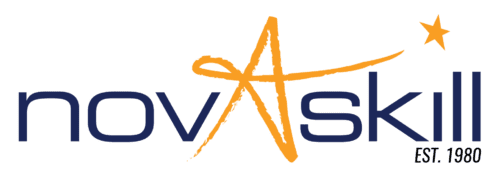Our business looks at A LOT of resumes! And we agree that six seconds is about all it takes for us to know if you’re a good candidate. There lots of information out there about what to include and what to leave out, but when we asked our Group Training staff what they look for when looking for potential apprentices or trainees, this was what they blurted out.
1. Leaving out your address
This is important to know because if you live a fair distance away from the job site or office, travel time needs to be considered.
2. Leaving off contact details, incorrect contact details or hard to find contact details.
Like many employers, we often get hundreds of applicants for a position. Once we finally find someone we want to interview, we want to be able to find you phone number quickly. Our tips;
- Put your mobile number in the footer so it appears on every page
- If you have an unprofessional email address, change it. We won’t be impressed with partyboy@hotmail.com
- Make sure you do your best to answer your phone if you see us calling, otherwise,
- Set up a voicemail (and make sure it sounds professional) so we can leave a message. But don’t leave it 5 days before you return our call.
3. Your date of birth
Your age is important when it comes to apprenticeships/traineeships and funding/subsidies form the government. Often there are employment and training incentives available for certain aged workers, so by including this we’re better informed when we call you for an interview
4. School you attended and date you finished
For many school leavers, or younger job seekers, listing your school and even possibly the subjects you studied can really help us out. Often experience is limited for younger employees so what you did at school is important.
5. Writing “referees available upon request”.
We’ve never hired someone without ringing their referees. Don’t leave this out…. and PLEASE don’t put your mum! Ask family friends if you’ve not had a job before. Oh and make sure they know you have included them.
6. Not including the position you’re applying for
We’re a big organisation and are always recruiting for several positions at once. Please be clear which one you’re applying for.
7. Whether or not you have a licence and your own transport
This helps us with a realistic expectation of travel (perhaps to the worksite).
8. Putting old information at the top
Always list your most recent job or qualification first.
9. Spell check isn’t hard to use
Please ensure you get someone to double check all spelling.
10. Not including any accomplishments or achievements
What you consider to be an achievement is important and it gives us something to talk about in your interview.
There is lots of information available about resume writing and even professional services that can do it for you, but what’s important is that you keep in mind the person who will be reading it. Always get someone to proof-read you resume before you send it and ask as many people as possible to give their feedback. Remember, this one document (and cover letter) is where your dream job could begin.

